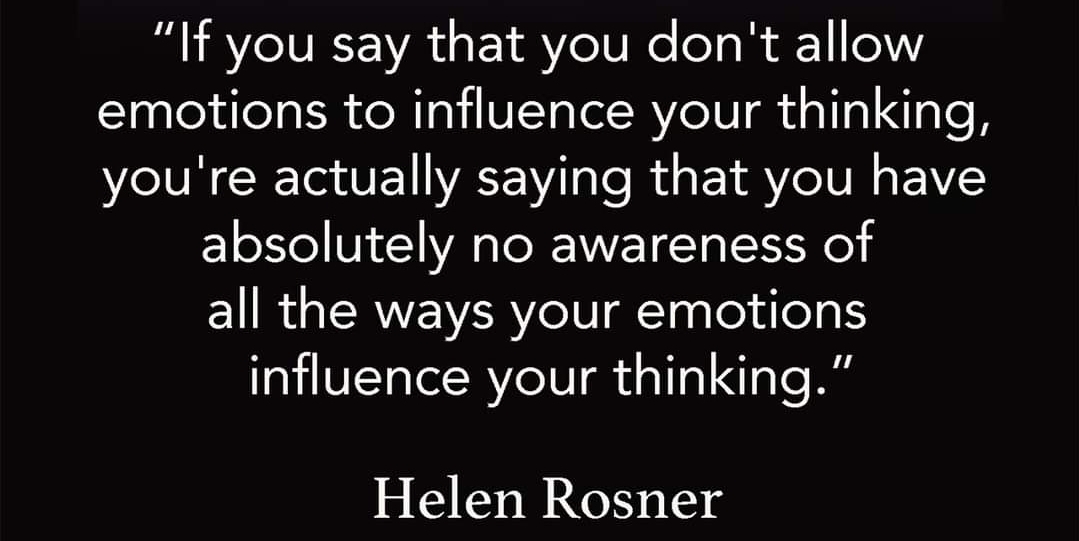The concept of Pavlova Dogs relates to the work of the Russian physiologist Ivan Pavlov and his famous experiments with dogs, where he demonstrated classical conditioning. In Pavlov’s experiments, dogs were conditioned to associate a neutral stimulus (like a bell) with food, eventually causing them to salivate upon hearing the bell, even when no food was present. This illustrated how behaviors could be conditioned through repeated associations between stimuli.
Dopamine Nation: Finding Balance in the Age of Indulgence
In the context of “Dopamine Nation: Finding Balance in the Age of Indulgence” by Dr. Anna Lembke, the idea of “Pavlova Dogs” can metaphorically represent how humans, much like Pavlov’s dogs, can become conditioned to seek dopamine rewards through repetitive behaviors.
Connection Between “Pavlova Dogs” and “Dopamine Nation”:
- Conditioned Responses to Stimuli:
- Just as Pavlov’s dogs were conditioned to associate the sound of a bell with food, modern humans are conditioned to associate various cues with pleasurable activities that release dopamine. For example, a notification sound on a smartphone may trigger a rush of anticipation or excitement because it is associated with potential social rewards, messages, or entertainment. This conditioned response reinforces a cycle of behavior driven by the pursuit of dopamine hits.
- Behavioral Addiction and Dopamine Pathways:
- In “Dopamine Nation,” Lembke explains how modern society is inundated with stimuli designed to trigger dopamine release, from social media likes and messages to gambling, shopping, or consuming addictive substances. Over time, people become conditioned to seek these dopamine rewards, just like Pavlov’s dogs were conditioned to salivate at the sound of the bell.
- The concept of dopamine-driven behavior suggests that people can become trapped in cycles of addiction, seeking ever-increasing amounts of stimulation to achieve the same level of pleasure or satisfaction, much like the conditioned responses in Pavlov’s experiment.
- Overstimulation and Imbalance:
- Dr. Lembke argues that society’s over-reliance on instant gratification, accessible through technology and consumer culture, creates an imbalance in the brain’s reward system. This constant stimulation leads to a decrease in sensitivity to dopamine, requiring more intense or frequent experiences to achieve the same reward, a concept akin to Pavlov’s conditioned response requiring reinforcement.
- The idea of “Pavlova Dogs” can serve as a metaphor for how people become over-reliant on external cues and triggers for happiness and fulfillment, rather than finding internal or more sustainable sources of well-being.
- Self-Control and Awareness:
- To counteract this conditioning, Lembke advocates for mindfulness, self-control, and periods of abstinence from dopamine-driven activities to recalibrate the brain’s reward system. Breaking free from these conditioned responses—similar to reconditioning Pavlov’s dogs to disassociate the bell from food—requires awareness and effort to change habitual behaviors.
The concept of “Pavlova Dogs” connects to the themes in “Dopamine Nation” by illustrating how humans, like dogs in Pavlov’s experiments, can be conditioned to seek out dopamine rewards in response to certain stimuli.


- How Emotions have been Hijacked By Psychological-Conditioning Programs (Part 1)
- How Emotions Have Been Hijacked By Psychological-Conditioning Programs (Part 2)
Dr. Lembke’s book emphasizes understanding this conditioning and making conscious choices to find balance and restore healthy dopamine levels, thereby preventing behaviors that are detrimental to mental and emotional health.







